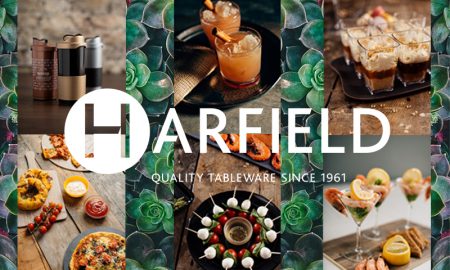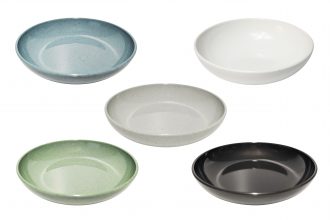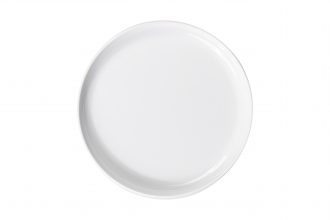Eco Trends of University Catering
Whilst the university catering market is becoming more competitive than ever, strong trends have been forming over the past couple of years among the 2.3 million of students in the UK. Caterers are constantly on the look out for innovative ideas to attract the conscientious consumers of Generation Z. Let’s have a look at a few of the most popular trends of 2019 that will only grow stronger in the year to come.
According to the National Student Money Survey carried out by Save the Student this year, undergraduates spend on average £92 per month on their groceries, £34 on takeaways and £49 on socialising giving us a total of £175 making university catering a multimillion market.
With growing awareness among students on the current environmental issues, they are increasingly seeking sustainable, eco-friendly options not only, when it comes to their food, but also to how it is served. The demand for plant-based food options is on a constant rise and caterers are very conscious that clear labelling, ingredient storage and handling, both in the kitchen and serving areas is a today’s must. The call for this shift is caused, not only by dietary needs and requirements of the consumers, but their conscious lifestyle choices and environmental factors. The Millennials and Generation Z make up over 50% of the UK population that follows a plant-based diet and according to AHDB/YouGov Consumer Tracker from April 2018, the 3rd and 4th most important reason for this dietary choice is environmental impact and sustainability. It is not enough for today’s caterer to just provide a vegan or vegetarian meal option, but actively reducing waste, eliminating single use plastic and using sustainable, reusable and recyclable products is becoming the industry norm, that university students are requiring from their caterer.
Over the last academic year, TUCO (The University Caterers Organisation) has tried to focus on elimination of single use plastics and enterprises that will encourage both university students and staff to choose the more sustainable, greener options, when making their drink and food purchases on campus. Whilst talking to University Business magazine, Matthew White, Chairman of TUCO and director of campus commerce, head of function at the University of Reading mentioned: “Many institutions have already made the change to using paper straws and use recyclable cups for beverages.”
“For example, at Nottingham University, they add on a small surcharge for disposable cups and give a discount for Keep Cups (reusable cups) when consumers purchase beverages. All revenue from this initiative currently goes towards sustainable projects at the university.”
Coffee purchases have been popular at university campuses for many years, but universities are recognising it as an ever more growing trend with 71% of new initiatives at higher education establishments involving coffee shops. Reusable and recyclable coffee cups and water bottles are quickly becoming hugely popular among students on campuses around all of the UK and are a fantastic and simple way to reduce our carbon footprint on a daily basis.
One trend that has been steadily rising among the Millennials and staying strong for Generation Z is convenience food. Leading fast paced, busy lifestyles, students tend to pick grab’n’go options a lot more often over fine dining experiences. This type of offering is key for university based catering services. Pop-ups providing street style food on university premises are becoming one of the hottest catering trends offering students variety, newness and an exciting dining experience. For example, University of Manchester has established an entire food mall, which is solely dedicated to partnering with local SME caterers.
Food-to-go is seeing a 6.4% year-to-year increase and the market is worth a staggering £4.4 billion, but for it to continue its’ healthy growth, caterers offering this style of dining need to proactively search for new sustainable options to satisfy the more and more environment conscious student audience. Catering equipment made from renewable materials, 100% recyclable and reusable meal packaging and tableware, on-site recycling services, elimination of single use plastics are all factors that savvy students look for when picking up their morning coffee or grabbing a quick lunch.
Statistics show that majority of UK universities (over 70%) manages all their catering in-house without outsourcing third-party suppliers. As educational establishments, it is important for them to implement environmentally friendly solutions in the university catering sector to cultivate the knowledge and understanding of their students on how to build a greener and more sustainable future. As the university catering trends have shown for the past few years, Generation Z is eager to embrace the eco-friendly lifestyle more than ever before and it looks like this trend might be here to stay.










